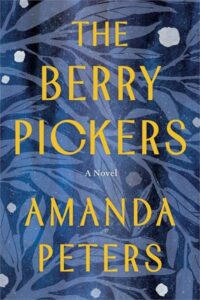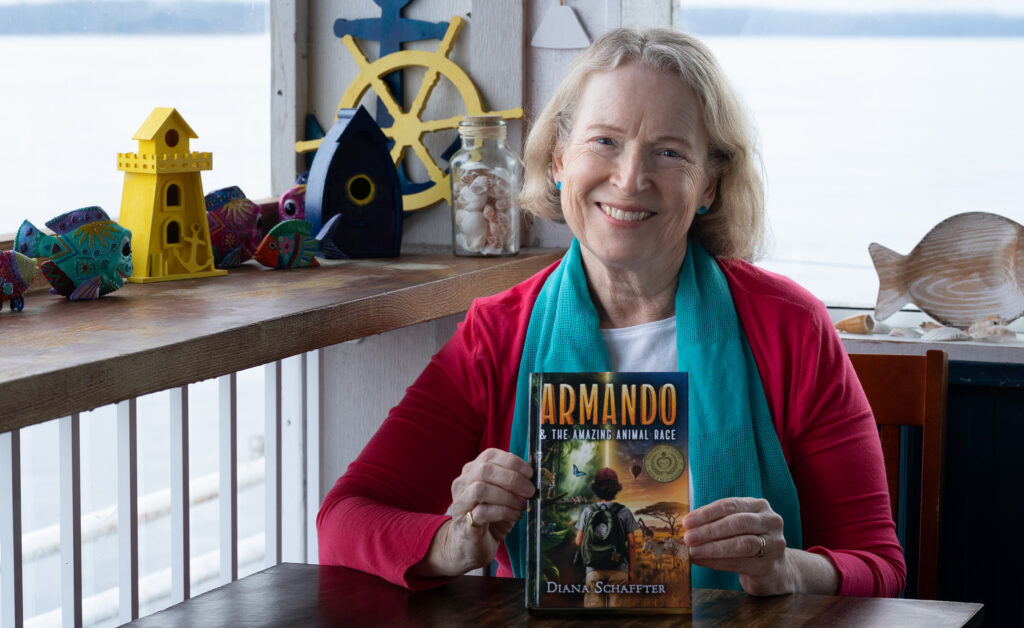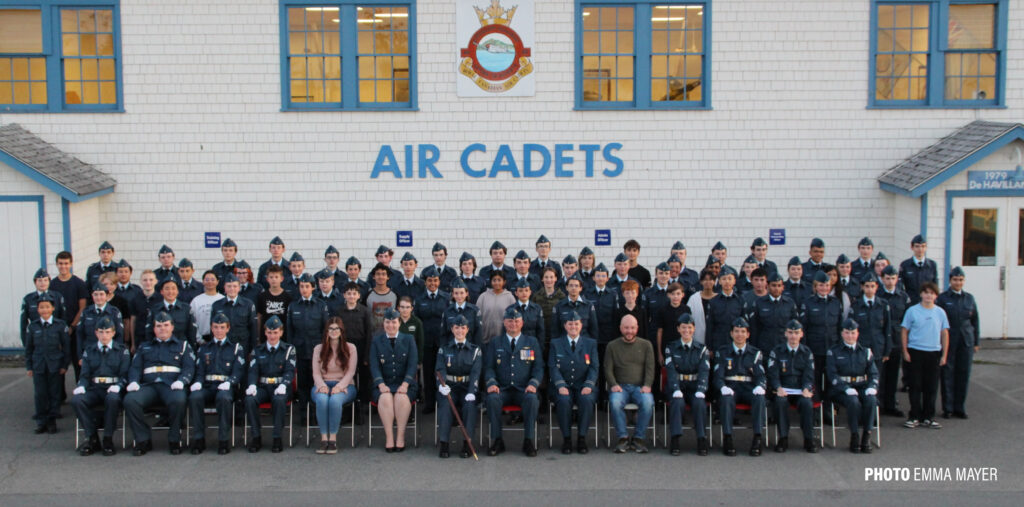by Deborah Rogers –
In a reimagined American west of the 1890s, women are judged for their ability to have children. Those discovered to be barren are deemed ill-omens, witches even, and become the scapegoats of their communities – blamed for whatever misfortunes happen. What could become of such wretched women? Those not tried and jailed on spurious charges are sent to nunneries. Either way they are locked up and out of sight for the rest of the law-abiding, child-providing citizens.
Anna North’s take on the classic western sets up the perfect conditions for the outlaws of society to be women, or anyone else who doesn’t closely fit with the restrictive gendered roles of the time. In Outlawed, North presents a world where a flu pandemic has diminished the population, and childbirth becomes a priority for all females. Her hero, Ada, is happy to get married at 17 and fulfil her duties, but after a year of marriage and no pregnancy, Ada starts to fall under the suspicion of the residents of her town. Ada’s mother is the town’s midwife, so Ada is more informed than most about women’s bodies and the complexities of childbearing and birth. Nonetheless, she is condemned and sent away.
It’s Ida’s curiosity about what causes women to be barren that spurs the story. In a quest for knowledge, Ada ends up at Hole-in-the-Wall, as the de facto doctor for a rag tag group of outlaws led by the charismatic and non-binary “the Kid.” The gang are misfits from society, looking for a place that they can be themselves. North’s characters include those who are mixed-race, gender fluid, and gay, not the usual strong and silent male stereotypes you expect in a western. They embark on a dangerous plan to rob a bank and liberate the townsfolk.
Our group found Outlawed unusual. It required work to understand the time and setting, though it’s not a difficult read. There’s some real humour woven into the set pieces and Ada’s voice makes for a strong narrator. There are beautiful passages too, including a buffalo stampede, and the blossoming relationship between Ada and another outlaw, Lark.
We were divided on whether it was a successful exploration of feminist themes of power and autonomy because many found the ending weak. But we all agreed that the story illuminated the pain and complexity of infertility as well as the still-topical subject of how women without children (for whatever reason) are judged by society.
 At our March meeting we will discuss The Berry Pickers by Amanda Peters. Join us on Tuesday, March 12 at 6:30 p.m. at the Sidney/North Saanich Library. Sign up to our email list to stay up-to-date with any Book Club news or meeting changes: www.seasidemagazine.ca/book-club.
At our March meeting we will discuss The Berry Pickers by Amanda Peters. Join us on Tuesday, March 12 at 6:30 p.m. at the Sidney/North Saanich Library. Sign up to our email list to stay up-to-date with any Book Club news or meeting changes: www.seasidemagazine.ca/book-club.




